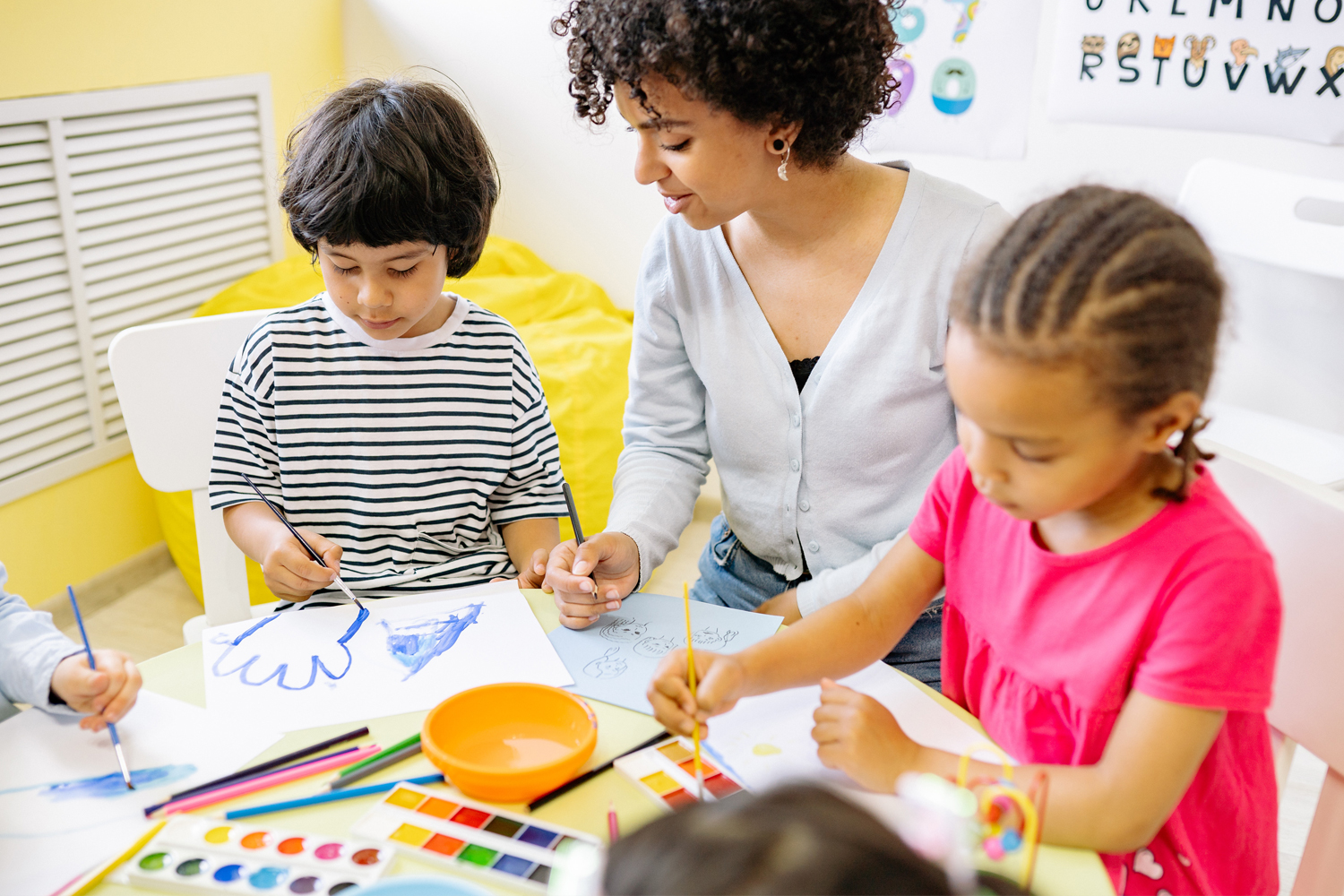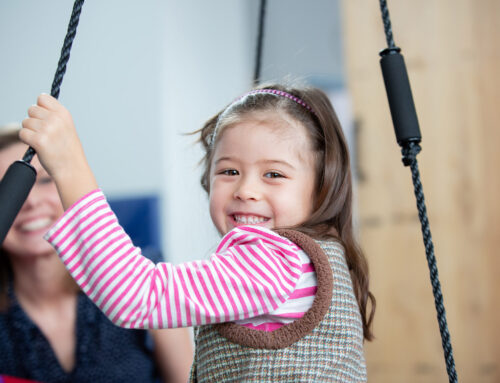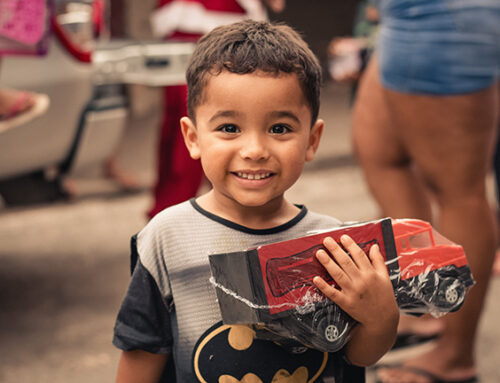In this month’s “Beyond the Nest” caregiver workshop, our staff walked us through the steps for developing consistent routines while maintaining flexibility to support kids as they learn at their own pace. For a full-length video of this presentation, please visit: https://youtu.be/ZOSAWQ_AwAc
We all have routines and predictability schedules in our daily lives- they occur so often that it’s easy to overlook how much routines structure our days. Imagine driving to work on your normal route, but there’s unexpected construction that requires you to detour. You’re not sure how far down the street the construction ends or where you have to turn and the traffic behind you is quickly building. You’re likely feeling anxious about running late to work, frustrated by the amount of road construction in Chicago, and worried about a possible fender bender.
Routines are important because they help us know what’s going on and what’s expected of us. They promote independence and confidence by helping us know what steps we need to follow to accomplish tasks. For our kiddos, routines increase on-task behaviors, reduce problem behaviors, and aid in the development of functional skills to navigate their environment.
When developing routines for kids, it’s important to list every step and use simple pictures that help explain each step.
For example, here are the steps for a Hand Washing Routine:
- Enter washroom
- Go to sink
- Turn on tap
- Wet hands
- 1 pump soap
- Scrub hands
- Turn off tap
- 1 paper towel
- Dry hands
- All done

How do I establish a new routine with my child?
Take it one step at a time and celebrate the small victories- learning new things is scary and difficult and it’s easy to get frustrated or discouraged. If your child can only complete the first step in a routine, give them positive encouragement for completing that step. Once step one is mastered and consistently completed, add step two and keep the praise coming to prevent discouragement. By breaking things down and helping our little ones, you can help them slowly build confidence with each new step.
What if my child acts out or refuses to follow a routine?
Complete consistency is great in theory, but not applicable to daily life. Things happen, and we all have rough days where we just need a break. It’s important to recognize these tough days when they come along and give space to allow your routines to be flexible.
What if a routine needs to be adapted? For example, my child’s preferred restroom needs repair and they refuse to use a different restroom.
Change is scary for us all, but it’s important to highlight similarities, exactly what is staying the same, so your child can adapt their routine to a new location. For the example above, remind them that the toilet is still white, the flush works the same, and the sink still has hot and cold water. Giving your child these details will help shift their focus from what is different and confusing towards what is recognizable and familiar.
Having trouble establishing or maintaining routines?
Talk to your child’s team- our staff is here and happy to help however we can! We may also recommend additional ABA services with a BCBA to help establish routines that you can then follow and reinforce at home.

Blue Bird Day fosters socialization, sensory regulation, and pre-academic learning in children ages 2-7 years in therapeutic rotations that simulate preschool and kindergarten settings. Our compassionate therapists practice a relationship-based and family-centered approach, provide parent training, and collaborate on goals and individualized intensive treatment plans for your child.
We believe in a collaborative and multi-disciplinary team approach to therapy. A team of occupational therapists, speech-language pathologists, dietitians, developmental therapists, behavioral therapists, physical therapists, and therapeutic assistants are created for each child to ensure child and family are fully supported and the best possible results are achieved.
Options for individualized, group and virtual therapy sessions are available as well.
Want to learn more or you have a specific question? Feel free to connect with us here!



